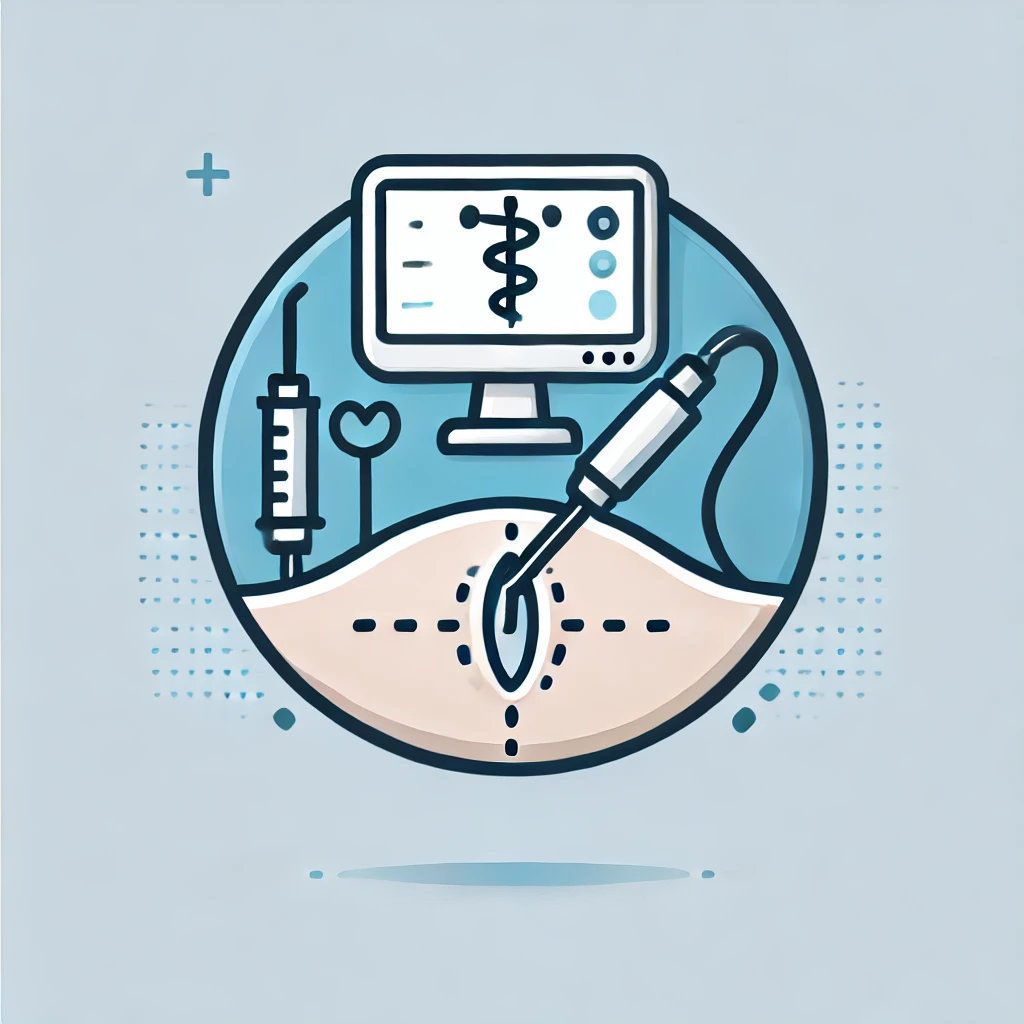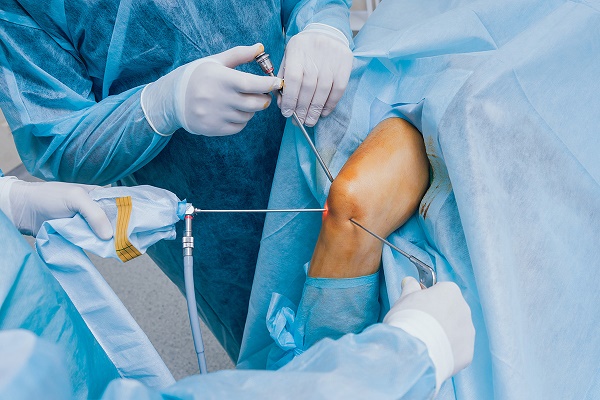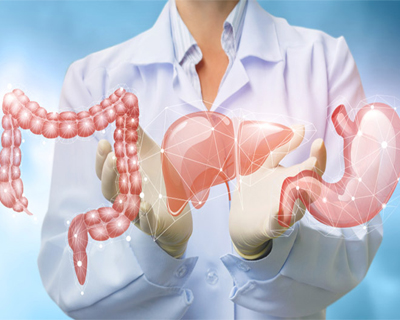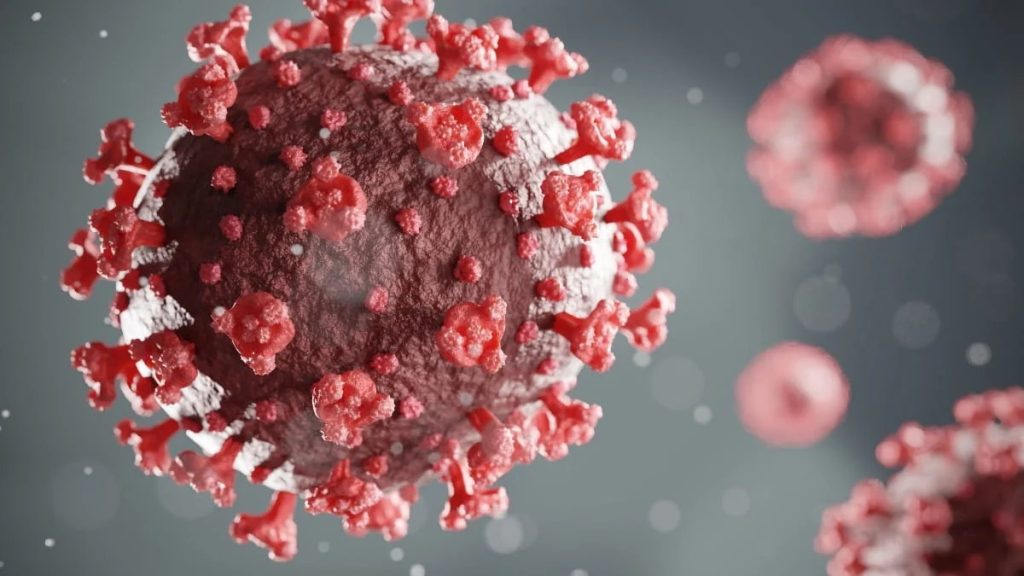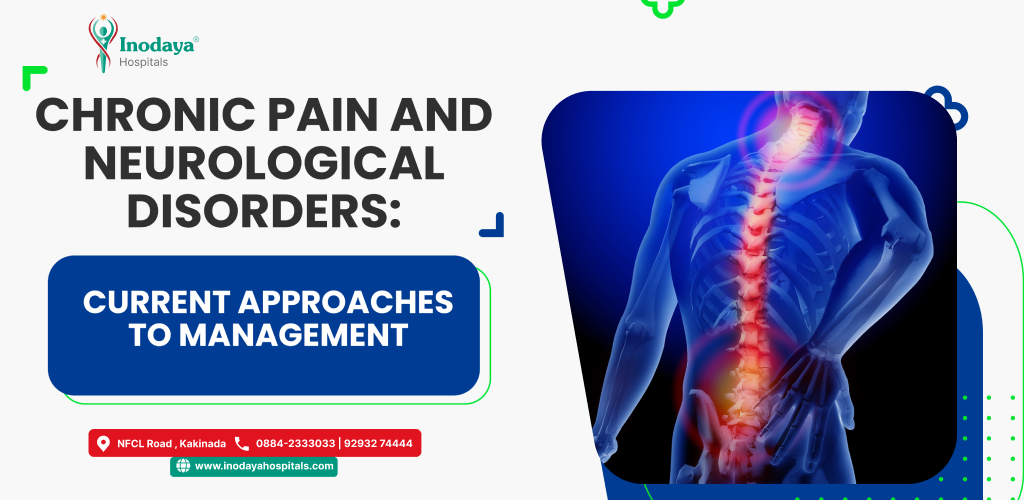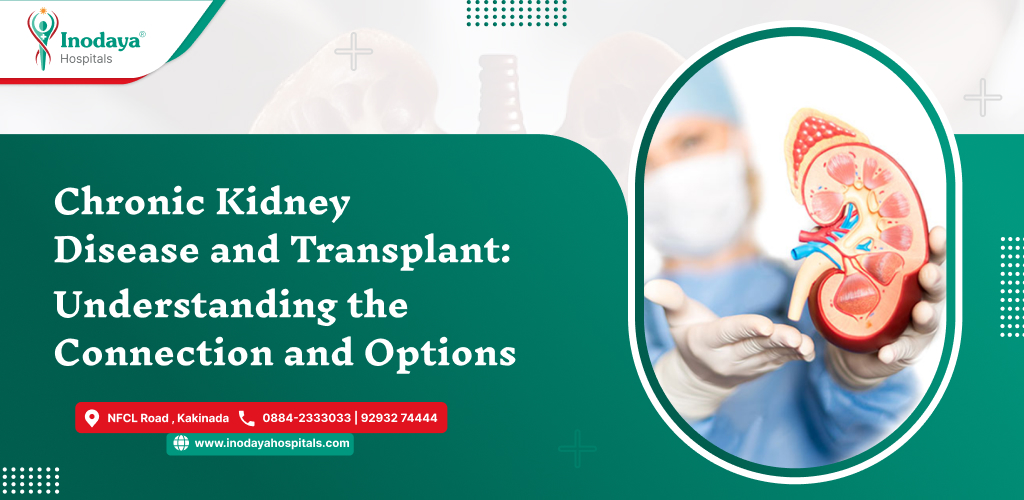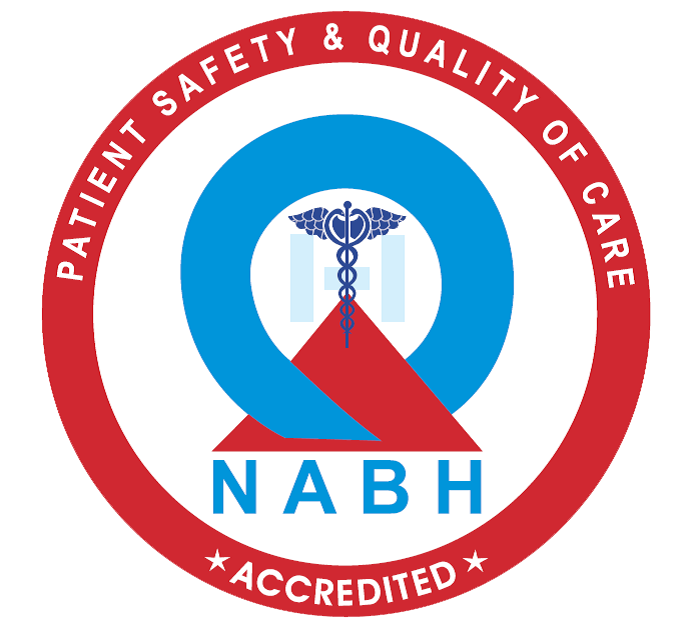The omicron variant is a newly discovered strain of the coronavirus family. It has been linked to severe respiratory illness, including pneumonia, and has a high fatality rate. Unfortunately, there is no specific treatment for omicron infection, and most patients require hospitalization for supportive care. The Medical Specialists at Inodaya Hospitals, in this blog, explain in detail the Omicron virus, its symptoms, treatment, and prevention.
What is the Omicron variant?
Omicron infection is a rare and potentially deadly virus that can cause severe respiratory illness. This virus is highly contagious and can be spread through contact with infected bodily fluids, making it a serious health threat. The omicron virus attacks the white blood cells, leading to a weakened immune system and severe infections.
What are the symptoms of the Omicron variant?
Omicron infection symptoms can include a variety of symptoms, depending on the person. For most people, the first symptom of an Omicron infection is a fever. Other common symptoms include headache, muscle aches, and fatigue. Some people may also experience nausea and vomiting, diarrhea, and abdominal pain.
In severe cases, Omicron COVID infection can lead to sepsis, meningitis, or encephalitis. If you experience any of these symptoms, see a doctor right away. Early diagnosis and treatment of Omicron infections is critical for preventing serious complications.
If you are pregnant and think you may have an Omicron virus, consult medical attention immediately. The infection can be particularly dangerous for pregnant women, leading to premature birth, low birth weight, and even stillbirth. In addition, omicron infection in the mother can also spread to the infant through breastfeeding or close contact.
Omicron virus symptoms vary depending on the person’s age. Children are more likely to experience nausea and vomiting than adults and high fever and diarrhea. This is very dangerous for infants less than one-month-old because the virus can affect their organs as they develop.
The symptoms of the omicron virus may be mild for some people, but they should still see a doctor if they experience any of these symptoms:
- Fatigue
- Lack of appetite
- Swelling under the skin (with rash)
- Diarrhea lasting more than three days
Omicron is especially dangerous for people with weak immune systems or other underlying conditions, such as diabetes or cancer.
What is the treatment for Omicron Virus?
As already discussed, there is no specific treatment to get cured of the omicron virus, but a few methods have proven to be effective. The most important part of omicron infection treatment is early diagnosis and intervention. If you think you or someone you know may be infected with omicron, see a doctor as soon as possible. Your doctor may recommend antibiotics or antivirals, the most common methods to treat bacterial or viral infections.
How to prevent the Omicron virus?
Omicron infection prevention is essential for keeping yourself healthy. While omicron can be deadly, it is possible to avoid becoming infected with the right precautions. Inodaya Hospitals, the best multi-specialty hospital in Kakinada offer a few tips to follow to help prevent omicron COVID infection:
- Cover your nose and mouth when you sneeze and cough
- Wear a mask when you are in crowded places.
- Wash your hands regularly and thoroughly, especially before you eat.
- Avoid touching your face, particularly your eyes and mouth.
- Avoid close contact with people who are sick.
- If you become sick, it is important to stay home and rest until you are no longer contagious.
- If you are traveling, be sure to take precautions against omicron exposure, such as bringing along disinfectant wipes.
However, if you have been exposed to omicron or think you may have contracted the virus, seek medical help as soon as possible and prevent serious health complications. Need more information on the Omicron virus? Consult our health experts at Inodaya Hospitals, Kakinada. Stay safe and healthy!






































